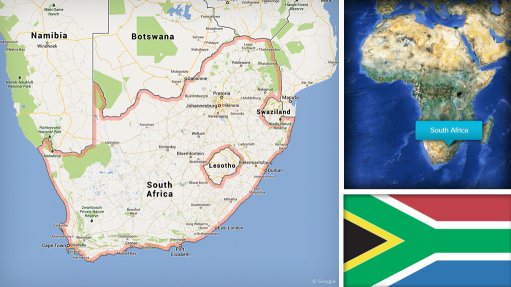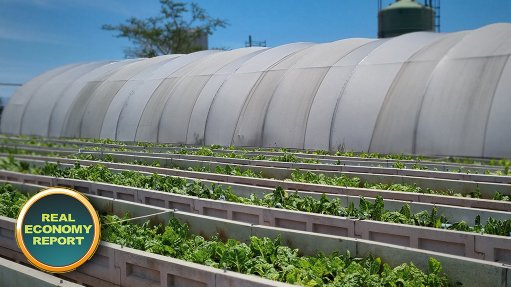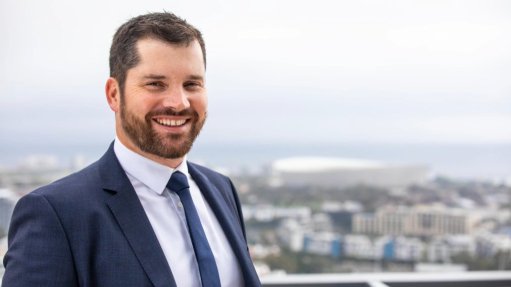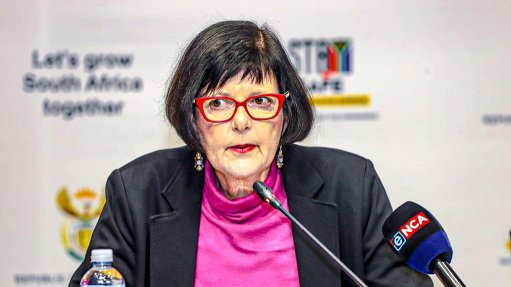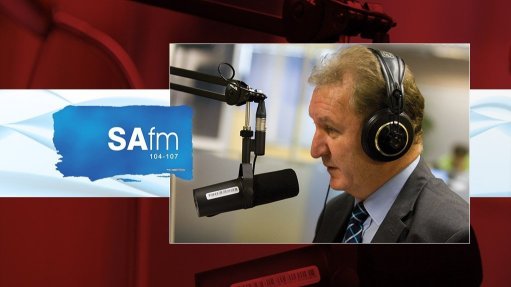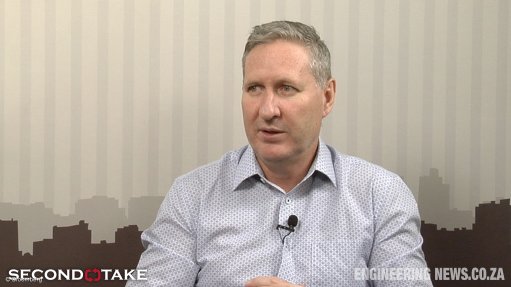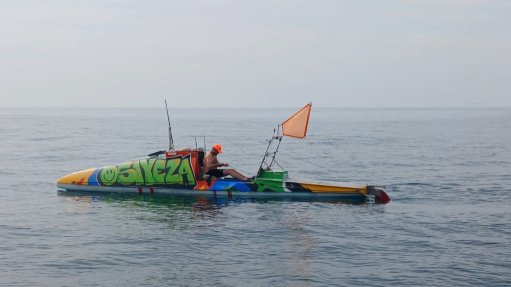Outa, HSF speak out against proposed procurement of new nuclear power capacity
The Organisation Undoing Tax Abuse (Outa) and the Helen Suzman Foundation (HSF) have opposed Mineral Resources and Energy Minister Gwede Mantashe’s proposal to procure new nuclear power capacity.
This follows after the National Energy Regulator of South Africa (Nersa) issued a consultation paper and called for public input, comment and response to a determination by the Minister in terms of the Electricity Regulation Act to procure 2 500 MW of new nuclear power in South Africa.
While Outa does not see a scenario in which South Africa could afford it, HSF believes the concerns with a nuclear build have not been dealt with in a credible and thorough manner.
“If Nersa makes the wrong choices today, many people could be burdened with unaffordable and unreliable energy for decades. In the case of nuclear energy, given that the build time is at least a decade hence, those responsible for making these choices will also not be around to be accountable,” Outa says.
In a submission to Nersa, HSF suggests a least-cost option for additional power generation needs to be established in a credible manner, which it does not believe has been done; arbitrary limits to the annual construction of renewable energy options cannot be applied to forecasts, as such conduct provides not only clear evidence of an irrational approach, but also leads to the inevitable perception of a process that has been intentionally manipulated for undisclosed purpose.
The foundation also states that any financial assessment of new nuclear power plants must also include the cost implications of the extensive lead times required for the build of such plants (assumed to be in excess of ten years), the decommissioning costs and the cost of storage of spent nuclear fuel.
The HSF points out that if these issues are not dealt with in a credible and thorough manner, the possibility of legal challenges against any final approval of the Ministerial determination arises, on the grounds that such a decision is unreasonable and/or irrational.
For the HSF, it is not a question of adopting a pro- or anti-nuclear stance, but rather of ensuring that a logical and rational process is followed, leading to a justifiable, rational and reasonable conclusion, it states.
Outa, in its submission to Nersa, summarises its concerns as being the unknown costs of nuclear and how the consumer will likely be expected to pay for its construction.
“Although renewable energy is the cheapest, restricting the amount of renewable energy does not significantly change the price path up until 2030.
“Therefore, the commitment now to any new nuclear build, which is the most expensive, even if it will be built post 2030, will have the consequence of reducing the amount of new renewable energy in an updated Integrated Resource Plan.”
Outa adds that such a forcing of a nuclear build into the mix will increase the price of electricity post 2030 more than would be the case if renewables were brought on line.
This would place an additional unnecessary burden on future generations and electricity consumers post 2030 who would pay higher prices for electricity and would be saddled with the costs of decommissioning, waste disposals and spent fuel storage, it states.
The organisation says the decision is ill-informed, as neither Nersa nor the Department of Mineral Resources and Energy have published any recent reports on the feasibility or affordability of the proposed determination to the best of Outa’s knowledge.
Moreover, Outa says planning a new nuclear build takes no account of the fiscal crisis that South Africa finds itself in.
“South Africa needs to see government plans to control spending, not to increase it by introducing an unaffordable vanity project.”
Outa adds that the State has an unimpressive track record in corruption-free procurement. “Parliament’s inquiry into Eskom and the Zondo Commission have both heard sufficient evidence to raise significant concerns about power station procurement and management. Could this new nuclear build once again be being promoted primarily as a vehicle for further looting?”
Meanwhile, Outa says there is a narrative which continues to claim that the Koeberg nuclear plant’s electricity is the cheapest electricity.
Outa states that it is disingenuous to compare the costs of a 35-year-old power plant where the capital costs have been paid off, with the current operating costs of a power plant that must still pay off its capital costs.
In an opinion piece published by Daily Maverick, energy expert Chris Yelland motivates that nuclear involves high capital cost during construction, as well as owner’s development cost, while it also has a long planning, authorisation, procurement and construction time of over a decade.
He is also concerned about the construction and operating inflexibility of nuclear power in a power system that increasingly needs flexible generation capacity and, most of all, the need to commit to a single-vendor country, vendor company, technology and design for 100 years.
Comments
Press Office
Announcements
What's On
Subscribe to improve your user experience...
Option 1 (equivalent of R125 a month):
Receive a weekly copy of Creamer Media's Engineering News & Mining Weekly magazine
(print copy for those in South Africa and e-magazine for those outside of South Africa)
Receive daily email newsletters
Access to full search results
Access archive of magazine back copies
Access to Projects in Progress
Access to ONE Research Report of your choice in PDF format
Option 2 (equivalent of R375 a month):
All benefits from Option 1
PLUS
Access to Creamer Media's Research Channel Africa for ALL Research Reports, in PDF format, on various industrial and mining sectors
including Electricity; Water; Energy Transition; Hydrogen; Roads, Rail and Ports; Coal; Gold; Platinum; Battery Metals; etc.
Already a subscriber?
Forgotten your password?
Receive weekly copy of Creamer Media's Engineering News & Mining Weekly magazine (print copy for those in South Africa and e-magazine for those outside of South Africa)
➕
Recieve daily email newsletters
➕
Access to full search results
➕
Access archive of magazine back copies
➕
Access to Projects in Progress
➕
Access to ONE Research Report of your choice in PDF format
RESEARCH CHANNEL AFRICA
R4500 (equivalent of R375 a month)
SUBSCRIBEAll benefits from Option 1
➕
Access to Creamer Media's Research Channel Africa for ALL Research Reports on various industrial and mining sectors, in PDF format, including on:
Electricity
➕
Water
➕
Energy Transition
➕
Hydrogen
➕
Roads, Rail and Ports
➕
Coal
➕
Gold
➕
Platinum
➕
Battery Metals
➕
etc.
Receive all benefits from Option 1 or Option 2 delivered to numerous people at your company
➕
Multiple User names and Passwords for simultaneous log-ins
➕
Intranet integration access to all in your organisation







